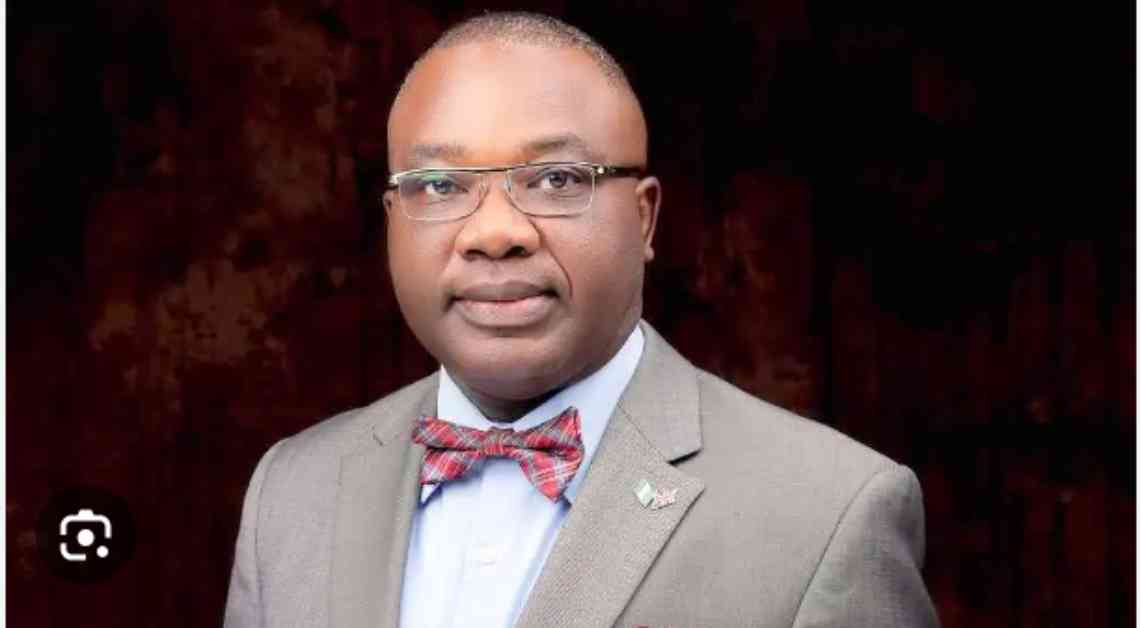Media’s Crucial Role in Combating Human Trafficking
The fight against human trafficking is a daunting challenge that requires a multi-faceted approach. One crucial aspect of this battle is the role that media practitioners play in shaping public opinion, influencing policy, and ultimately combating this pervasive crime.
Dr. Anthony Ojukwu, the Executive Secretary of the National Human Rights Commission, highlighted the importance of the media’s involvement in dismantling the networks of human trafficking. Addressing journalists at a capacity-building workshop in Keffi, Nasarawa State, he emphasized that the power of the media to frame narratives can either perpetuate harmful stereotypes or promote empathy and understanding.
Empowering Media Professionals
The two-day training organized by the NHRC in collaboration with the Office of the High Commissioner for Human Rights focused on equipping media professionals with the necessary knowledge and skills to report on human rights-based migration issues, including human trafficking and the smuggling of migrants. Ojukwu stressed the importance of ethical, accurate, and sensitive reporting on these critical issues.
Participants engaged in sessions covering migration terminology, gender-sensitive reporting, ethical photojournalism, and how to report on vulnerable sources of information. This comprehensive training aimed to foster fact-based journalism that integrates a human rights-based approach, ultimately leading to more informed and comprehensive reporting on migration.
Challenging Xenophobic Narratives
Ojukwu urged media practitioners to adopt a solutions-oriented approach in their storytelling, challenging xenophobic narratives and advocating for the rights and dignity of migrants. He emphasized the media’s crucial responsibility in shaping public discourse and influencing policy on human rights and migration.
Furthermore, Ojukwu highlighted the media’s role in amplifying the voices of victims and holding perpetrators of human trafficking accountable. He noted that journalists hold the power to shape public perception, influence policymaker priorities, and ultimately impact the lives of migrants.
UN Support for Ethical Journalism
The United Nations, through its PROMIS project, partnered with the Office of the High Commissioner for Human Rights and the United Nations Office on Drugs and Crime, with the support of the Netherlands, to enhance the rights of migrants. Adwoa Kufuor-Owusu, a Senior Human Rights Adviser from the Office of the UN Resident/Humanitarian Coordinator, stressed the importance of accurate, ethical journalism in shaping public opinion and policymaking on migration.
Kufuor-Owusu emphasized the need for independent, ethical journalism in Nigeria, particularly regarding complex issues like migration. She noted that the OHCHR and the broader UN system are committed to supporting journalists in improving coverage and news content related to migration.
In conclusion, the media’s role in combating human trafficking is indispensable. By empowering media professionals with the necessary knowledge and skills, challenging xenophobic narratives, and promoting ethical journalism, we can work towards a more informed and compassionate society that upholds the rights and dignity of all individuals.

